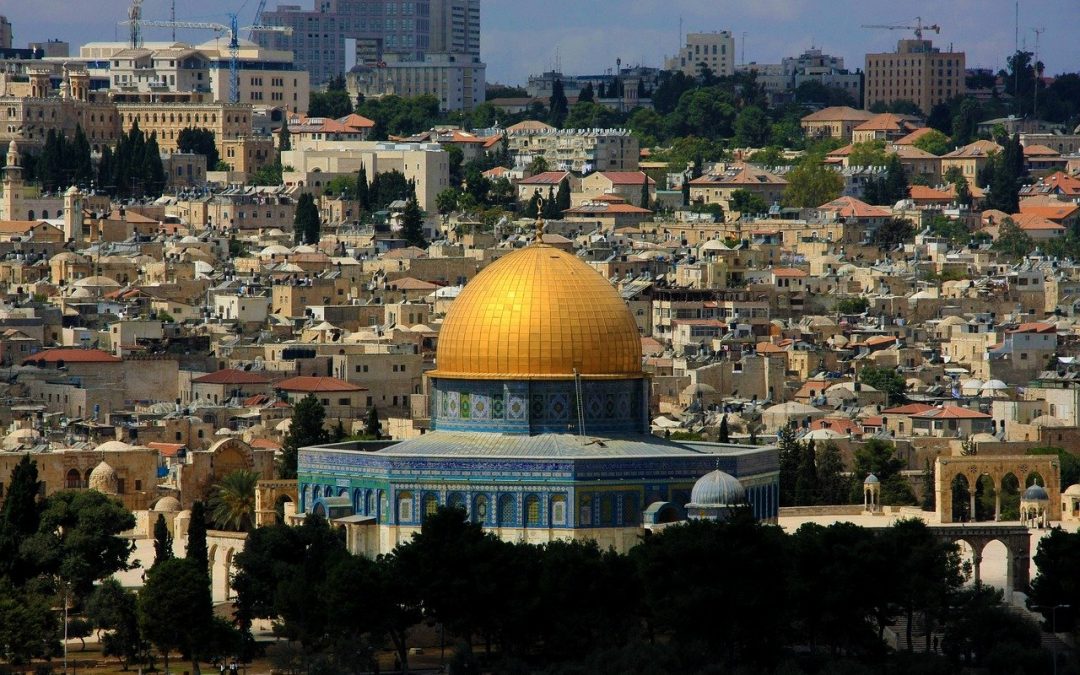Professor Eugene Kontorovich specialises in constitutional and international law. He has written a compelling refutation of Btselem’s false and malicious comparisons between Israel and Apartheid. Please read below.
- The Apartheid accusation in Btselem’s recent report is not just totally false, it is anti-Semitic. Apartheid is not just a term for policies one dislikes – it is an international crime defined as “inhumane acts committed in the context of an institutionalized regime of systematic oppression and domination by one racial group over any other racial group or groups, and committed with the intention of maintaining that regime.” These “acts” include such things as “widespread” murder and enslavement. The legal standard for labeling a government an “apartheid regime” is set quite high—indeed, so high that no country since the end of South African apartheid has ever received the distinction. Despite massive systematic oppression of racial and ethnic minorities in countries from China to Sri Lanka to Sudan, the apartheid label has never been applied to those countries or any other country by the U.S. or anyone else.
- Invoking the heinous crime of Apartheid to criticize Israeli policy is a classic anti-Semitic rhetoric: it accuses Jews, uniquely among the peoples of the world, of one of the most heinous crimes, while also judging the Jewish state by a metric not applied to any other country. And the clear agenda is to entirely delegitimize Israel: the remedy for apartheid is not reform, it is the abolition of the regime itself and a total reshaping of the government
- The very essence of apartheid was the physical separation – apartness – of people based on a legislated racial hierarchy. There is no racial or ethnic distinctions in Israeli law. Under the Reservation of Separate Amenities Act of 1953, municipal grounds could be reserved for a particular race, creating, among other things, separate beaches, buses, hospitals, schools and universities. Inside of Israel there are no separation of this sort. In Judea and Samaria Israelis and Palestinians buy at the same stores, work together and etc. In South-Africa Public beaches, swimming pools, some pedestrian bridges, drive-in cinema parking spaces, parks, and public toilets were segregated. Restaurants and hotels were required to bar blacks. In Israel and all territories under its jurisdiction, Palestinians patronize the same shops and restaurants as Jews do. It is true that Jews are de facto excluded from Palestinian-controlled territory, but that is not the Apartheid Btselem has in mind.
- Under the Bantu Homelands Citizenship Act of 1970, the Government stripped black South Africans of their citizenship, which deprived them of their few remaining political and civil rights in South Africa. In parallel with the creation of the homelands, South Africa’s black population was subjected to a massive program of forced relocation. Israel did not dislocate Arabs citizens to the PLO territories or revoked citizenships.
- The “Bantustans” were created by the Apartheid government itself under a series of laws. Because they were generally regarded as puppets of Pretoria, their supposed independence was not recognized by other countries. The Palestinian government was created by the Palestinians themselves and is recognized internationally as the legitimate representative of the Palestinian people by almost every country in the world. The Palestinian Authority governs 90% of the Palestinian population, as provided in the Oslo Accords.
- Blacks in South Africa were deprived of their political rights. Israel Arabs have full voting rights for the Knesset, while Palestinians in the territories have voting rights for the Palestinian Legislative Council. Israeli citizens do not have voting rights in the Palestinian government, because it is a different and independent government – even though it passes laws that greatly affect Israelis, like the “pay for slay” rewards program for terrorists. By the same token, Palestinians do not vote in the Knesset – not because it is Apartheid, but because since the 1993 Oslo Accords, they have had their own government.
- Some policies do resemble Apartheid rules – in particular, the Palestinian Authority’s prohibition, with severe penalties, of selling any real estate to Jews. Ironically, the closest thing in the region to an Apartheid policy is not mentioned at all.
- Most of Btselem’s contentions are based on the Palestinians having their own government since the Oslo Accords – in essence, they are saying the internationally accepted Oslo Accords are apartheid, an absurd contention.
- Unlike non-White South Africans, the Palestinians have been offered full international statehood by Israel in numerous times – and have turned it down as many times. Through the history of Apartheid, Whites never offered internationally-recognized statehood to Blacks. And when they finally did, Nelson Mandela promptly accepted. Indeed, the Palestinian ability to reject full statehood offers shows that the conditions under which they live cannot be compared to Apartheid.
- Btselem says what has sent Israel over the brink to Apartheid is the Nation State Law and political discussions about applying Israeli law to the West Bank (“annexation”). This is perhaps their most ludicrous statement. While the wisdom of the Nation State law can be criticized, it does nothing like what any apartheid laws did, and instead closely resembles numerous European democratic constitutional provisions. Indeed, it is almost entirely declarative. As for talk of “annexation,” it has nothing to do with Apartheid, and moreover, it cannot be the basis for any claims of Apartheid because it has not happened and is unlikely to happen. Apartheid was not evil because of things that were discussed and did not happen – Apartheid was something that did happen.


